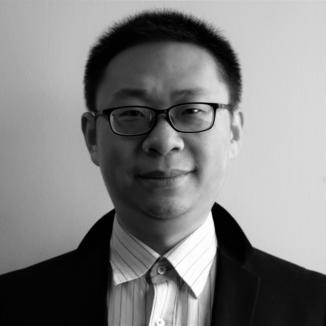Will China’s economy follow the same path as Japan’s?
In this Bruegel policy brief, Bruegel Senior Fellow Alicia García-Herrero and Non-Resident Fellow Jianwei Xu investigates the similarities and differences between the current challenges of the Chinese economy and that of Japan’s economy in the 1980s and 1990s.
Abstract:
Since the bursting of China’s real-estate bubble in mid-2021, there has been a growing concern that the Chinese economy could end up like that of Japan in the early 1990s. Some structural patterns are strikingly similar: low private consumption over a long period, especially when compared to the rest of the world, and an excessively high savings ratio, though China’s imbalances now are even larger that Japan’s were then.
Initial policy responses to the bursting of their respective bubbles have also been similar. Both China now and Japan then were initially hesitant to ease monetary and fiscal policies, and opted to expand manufacturing, with an eye on external demand, supported by more research and development expenditure. In both cases, the outcomes were stubborn trade surpluses and a mercantilist attitude to their growth problems, leading to the United States taking protectionist measures. China also seems to be following Japan’s offshoring of production to mitigate the impact of protectionism.
The main difference, though, is that China now is a poorer country than Japan was then, with still more convergence opportunities ahead. China is also a much bigger military and geopolitical contender than Japan ever was. China’s geopolitical weight is behind the US technological containment of China, but also gives China more room for manoeuvre globally, especially in the Global South. It remains unclear – though globally significant – whether China will be able to deviate from the path followed by Japan in the 1980s and 1990s.
About authors

Alicia Garcia Herrero
Chief Economist for Asia Pacific at Natixis, Senior Fellow at Bruegel, Non-resident Senior Follow at the East Asian Institute, Adjunct Professor at the Hong Kong University of Science and Technology
Economist specialized in monetary and financial issues in emerging markets, banking crises and resolution strategies, financial development

Jianwei Xu
Senior Economist for Asia Pacific at Natixis, Non-resident Fellow at Bruegel
Specialist in international economics, labour economics and Chinese economy
